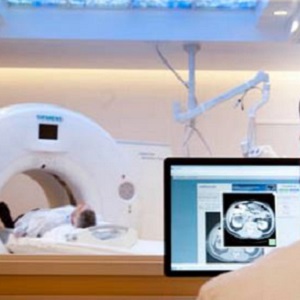Asian and Hispanic women have less than half the death rate from breast cancer as Black women
B=Black 28.0, W=White 19.9, NA=Native American 17.8, H=Hispanic 13.7, A=Asian/Pacific Islander 11.7 Source: National Cancer Institute Cancer Stat Facts: Female Breast Cancer More about breast cancer disparities









